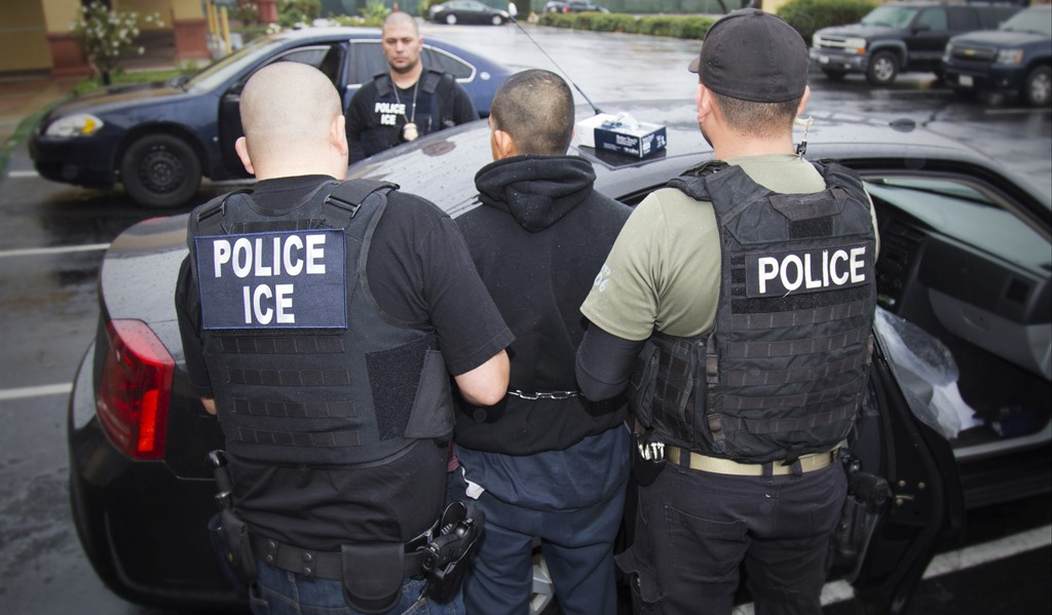One of the many issues Department of Homeland Security officials have faced in trying to remove criminal aliens from the U.S. is the fact that many countries refused to take back their citizens. A 2001 Supreme Court ruling complicated matter in ruling that illegal immigrants whose home countries won’t take them back cannot be detained indefinitely. Thus, many ended up on the streets, committing even more crimes.
Now, however, things are changing.
With persuasion, threats, and punishment, DHS has managed to drop the number of countries that won’t take back immigrants the U.S. is trying to deport from 20 to 12 since the presidential election.
U.S. Immigration and Customs Enforcement officials couldn’t immediately say how many people have been deported because of the changes, but Somalia has taken back 259 just seven months into the fiscal year. That is far more than the 198 it took back in all of 2016 and the 17 it took in 2015.
Marlen Pineiro, assistant director for removal operations at ICE, said the efforts began under the Obama administration but that Mr. Trump has created a determined focus at the Homeland Security and State departments, which are both involved in speeding up deportations.
“The wind being at our wings is really driving us forward,” she said.
[…]
Recalcitrant countries have long been among the serious issues that didn’t get much attention, though the consequences can be extreme.
In one notorious case, Haiti refused to take back an illegal immigrant who had served time for attempted murder, and U.S. officials were forced to release him. He killed a young woman in Connecticut just months after his release.
Another illegal immigrant, Thong Vang, was released from prison in 2014 after serving time for rape convictions, and his home country of Laos refused to take him back. He was sent to a California prison last year and shot two guards, police said.
Recommended
With these examples at hand, Trump made ramping up pressure on recalcitrant countries a priority.
And Jessica Vaughan, policy studies director at the Center for Immigration Studies, says Trump and DHS under his leadership deserve most of the credit.
“On matters like this, the Trump administration is speaking not so softly and waving the sharp stick of visa sanctions,” she said, reports The Washington Times. “That’s a lot more effective than apologetically delivered demarches.”
Iraq, Somalia, Afghanistan, Algeria, Burkina Faso, the Gambia, Mali, Senegal and Sierra Leone are now off the list of recalcitrant countries. Cuba, China, Burma, Cambodia, Eritrea, Guinea, Iran, Laos, Morocco, South Sudan, Vietnam, and Hong Kong remain, however.

























Join the conversation as a VIP Member